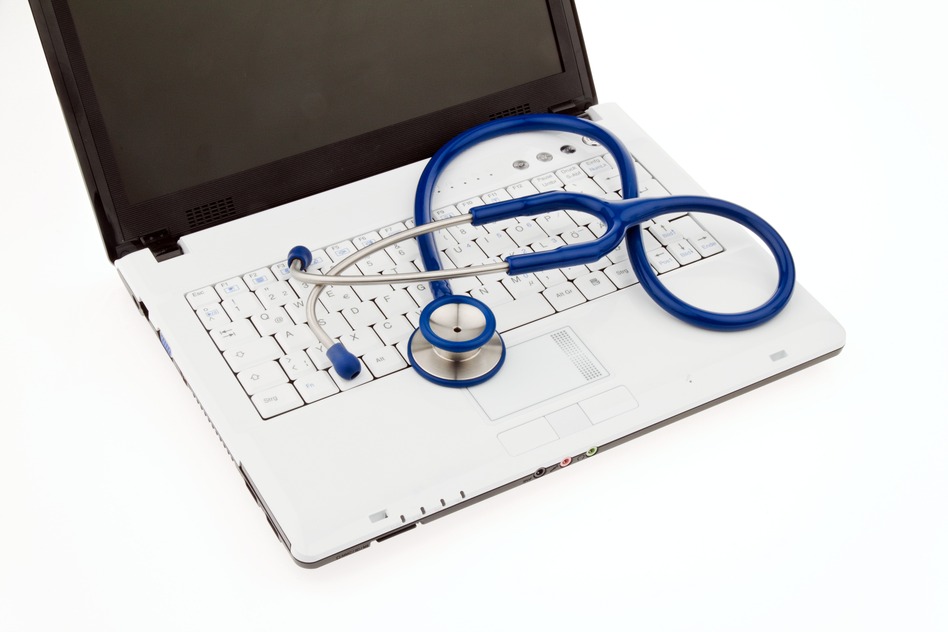
Today’s small businesses owners rely on their IT systems for nearly every aspect of their business. Even the most technology averse realize that computers help people be more efficient than the old paper processes used before there was a personal computer on every desktop.
Business owners understand how important business applications such as Quickbooks or Outlook are to helping them accomplish certain business related tasks, such as balancing books or communicating with customers or team members. Savvy business owners even understand the importance of network security and firewalls to keep their business and personal information safe and protected.
In fact, as business owners, we spend a great deal of time thinking about what we need from our technology, how we can leverage our investments and get more out of every dollar we spend on computers and IT.
But how many of us think about what our computers and IT systems need from us?
Your Technology Needs You
You rely on your computer and IT systems for business success – they, in turn, rely on you for everything that they need to live. We tend to forget this until our computer or server dies after giving us months or years of loyal service. This can happen with little to no warning; then we are left scrambling to retrieve whatever is left on the hard drive either before or after it gives up the ghost.
But, it doesn’t have to be this way. With proper care and feeding, you can keep your computers and IT systems healthy and happy, extending their productive lives and helping to reduce your overall technology investments. You’ll also save yourself the aggravation and problems associated with losing important files or needed services.
What Your IT Systems Need
Just like a human being, your IT systems need to have their basic needs met in order to be productive.
You need air, food, water and shelter. Your technology needs:
Reliable Power – Your technology investments need a continuous source of power to stay in good running order. They can’t run without it, and they can be damaged by power outages and surges. To protect them, you should invest in a power strip with surge protection for every computer you use. An even better option is investing in an Uninterrupted Power Supply (UPS). These typically come with a USB connection that connects to your PC. In the event power is lost, the UPS will safely power down your machine automatically. Another good rule of thumb is to power down your computer when lightning is in the area, or during our famous Texas storm cells.
Good Air Flow – This is a far bigger issue than most people think. Your technology investments, from computers to servers, are air cooled; they need good airflow to operate. Your computer generates heat, and that heat needs to be able to flow away with cool air coming in, in order for your computer to keep running its best. One way to do this is to ensure that your computer has a good size space of its own with at least 6 inches of clearance on all sides. Other ways to ensure your IT systems have good airflow include keeping cables neat, keeping dust under control, and ensuring any internal fans are working as they should.
Keep it Cool – As mentioned above, your computer needs to stay cool. Heat can actually damage your computer, slowing down processing and in some cases, killing your hard drive. A room that is cool enough for you may not be cool enough for your computer or server. The ideal temperature for computers and server rooms varies, but is generally considered to be between 65 – 75 degrees. Cooler than that, you will be chilly. Warmer than that and your computer won’t be able to cool itself. This does mean that in Texas summers, you will likely need to have your computer or server in an air conditioned space with good ventilation and monitor the temperature regularly.
Keep it Clean – As we mentioned, dust is a big problem for computers and IT systems. Ensure that computers are kept in a clean area and dusted regularly, as well as the areas around them. The fan can suck in dust along with the air that your computer needs to keep cool. Over time, this dust can clog your fan or computer, blocking airflow and causing the computer to overheat. To prevent this, dust and vacuum the outside of your computer and the area around it frequently. You should also clean inside your computer with a can of compressed air (NOT a vacuum) at least twice a year.
A couple of other “care and feeding” tips for your computer include:
- Don’t stack equipment – this can cause them to build up too much heat.
- Consider upgrading your heat sink – most CPUs have a heat sink built in, but upgrading these can extend the life of your equipment.
With careful care and feeding, you can extend the life of your IT systems and equipment and get more from your investments.
Got a question about caring for your computers or other IT investments? Leave us a message below.